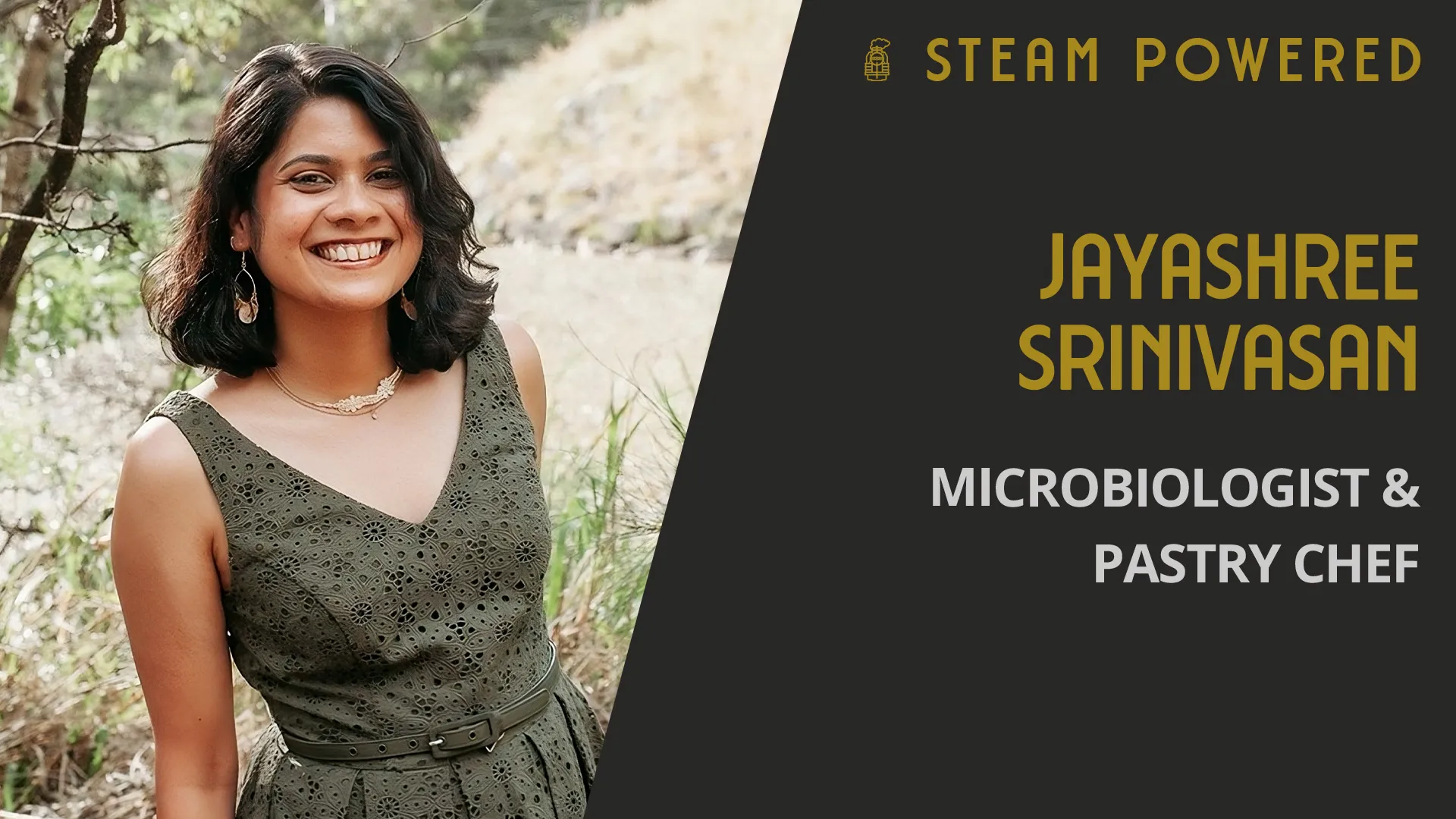Plumbing the depths of continence with Sheena Lagat
We have to get past this stigma over talking about wee, poo, and other toileting activities. It's something that we have to do every day, and if you're not, you should really be speaking to someone about that. Because continence is something that we all should be proactive about no matter our age or gender.
Sheena Lagat is a wee wee nurse. Specifically, a continence and urogynaecology clinical nurse consultant. Join us as we speak about Sheena's journey to urology and continence nursing, why we should care more about our plumbing, and the personal, economic, and environmental impact of incontinence..
About Sheena Lagat
Sheena Lagat is a Continence & UroGynaecology Clinical Nurse Consultant at Royal Prince Alfred Hospital, Sydney, with a strong commitment to advancing clinical practice and patient-centred care. An active leader in urology and continence nursing, she holds multiple post-graduate qualifications and roles within the Australia & New Zealand Urological Nurses Society (ANZUNS) and the Special Interest Group of the European Association of Urology Nurses (EAUN), focusing on professional development, staff upskilling, and patient empowerment. Her guiding motto is, “Make every moment count by giving back and inspiring others.”
- LinkedIn: https://www.linkedin.com/in/sheena-lagat-3535ab208/
- Australia and New Zealand Urological Nurses Society: https://anzuns.org/
- Continence Foundation Australia: https://www.continence.org.au
- Your Pelvic Floor: http://yourpelvicfloor.org
- Jean Hailes for Women's Health: http://jeanhailes.org.au
- Australasian Menopause Society: https://www.menopause.org.au
Listen to the Podcast
Listen on Apple Podcasts, Spotify, iHeartRadio, Amazon Music, Castbox, Deezer, Goodpods, Overcast, Pocket Casts, TuneIn, Blubrry, Podcast Addict, Podchaser, JioSaavn, RSS , and other podcast platforms.
Watch on YouTube
- [00:01:13] When your family hosts an intervention about your choice of career.
- [00:04:10] The transition to urology nursing.
- [00:05:55] How experiences and perspectives support different ways to care in healthcare.
- [00:09:22] The need for advocacy in certain areas of healthcare.
- [00:11:39] The stereotypes and stigma around urology and continence care.
- [00:16:36] Don't limit your healthcare by thinking "I'm just getting old".
- [00:16:57] The state of preventative and rehabilitative treatment.
- [00:19:21] Personal training for your pelvic area.
- [00:23:28] The economic and environmental impact of continence and incontinence.
- [00:28:16] The psychological and social impact of continence and incontinence.
- [00:29:26] The social inequity and accessibility issues of continence and incontinence.
- [00:32:38] Redefining continence nursing.
- [00:38:11] Healthy habits to look after your bladder and bowel.
- [00:47:11] What advice would you give someone who would like to do what you do, and what advice should they ignore?
Highlights
Connect with Us
- @steampoweredshow
- @steampoweredshw
- @steampoweredshow
- @steampoweredshow
- @steampoweredshow
- @steampoweredshow
- steampoweredshow
Support STEAM Powered
Review Us
Please leave us a review on Apple Podcasts, Spotify, GoodPods, Podchaser, or your preferred podcatcher.
Become a Patron
Affiliate Programs
Start your own podcast or YouTube channel, or run panels and seminars with
Riverside.fm. Record up to 8
people in a session with up to 1000 audience members. You can record in advance
as I do, or you can livestream with the option to send it straight to Facebook,
Youtube, Twitter, or Twitch. There’s even a green-room for guests and live call
in for audience members. Afterwards, get separate video (up to 4K) and audio (up
to 48kHz) tracks per recorded participant for editing, none of that “active
speaker only” limitation. You know you’re in good hands with a service whose
client-base includes some heavy-hitters. Check out
Riverside.fm to see who else is on
board. Use promo code STEAM25 to get 25% off the first three months of your
subscription.
Music is “Gypsy Jazz in Paris 1935” by Brett Van Donsel.

